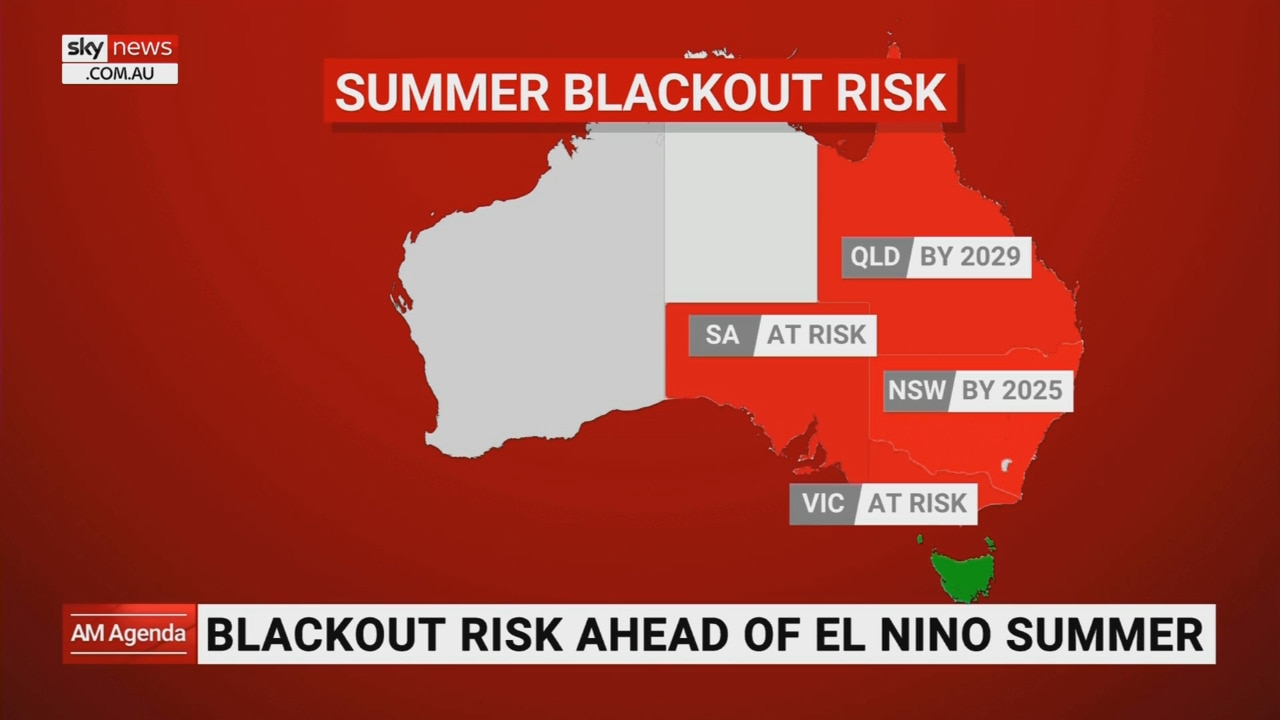Slater and Gordon target IAG in insurance pricing class action
Top class action lawyers are going after IAG over its alleged failure to pass on discounts to home and content customers.

Class action lawyers have targeted Insurance Australia Group over discounts offered on its top home and content brands after the corporate regulator launched action last week.
Slater and Gordon announced on Thursday it would pursue IAG over its discount claims for RACV, SGIO, and SGIC customers with home and contents policies.
The move comes after the Australian Securities & Investments Commission took action against IAG, which has already faced a bruising round of court claims over their discounting failures.
ASIC filed its second round of court action against IAG last week claiming two of its subsidiary companies misled customers about loyalty discounts on certain types of home insurance issued under the RACV, SGIO and SGIC brands.
Slater and Gordon said the three brands issued more than one million home insurance policies between 2017 and 2022, warning many customers were sold cover with claims there would be loyalty discounts.
However, customers allegedly instead faced a loyalty tax, with internal IAG systems allegedly limiting the depth of discounts on offer.

Slater and Gordon class actions associate Henry Hamilton-Lindsay said these customers were least likely to change their insurer in response to increased premiums.
“IAL and IMA used an algorithm to determine who was most likely to renew their policy and took steps to increase those customers’ base premiums, despite them often being long-term customers,” Mr Hamilton-Lindsay said.
“We believe that there may be hundreds of thousands of Australians who thought they were receiving discounts by remaining loyal IAL and IMA home insurance customers, but in reality, were being charged hundreds of dollars more each year as a result of that loyalty.”
In a note to potential class action members, Slater and Gordon said they considered the breach could amount to “misleading and deceptive conduct and/or unconscionable conduct, in breach of the ASIC Act”.
The case centres around IAG’s algorithm used to calculate a customers’ likelihood to renew their policies at different premium levels.
The IAG algorithm allocated smaller price increases to policyholders it deemed were less likely to renew and larger increases to those it expected to renew.
In its response to ASIC’s claims, IAG said it had “delivered on loyalty promises made to customers”.
The insurer said it does not agree it “misled customers about the extent of the discounts they would receive”, warning it would defend itself against ASIC’s case.
IGA shares were up 1.3 per cent to $5.54 in a flat market around lunchtime.








To join the conversation, please log in. Don't have an account? Register
Join the conversation, you are commenting as Logout